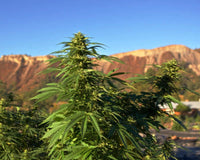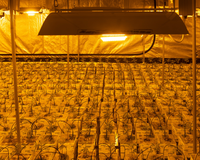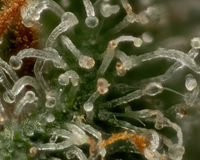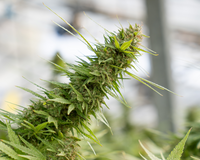
Vetting Your Seed Source
The U.S hemp industry has become a billion dollar industry. From oils, topicals, food and smokable products we can estimate that hemp will soon become an everyday commodity. As with any other agricultural industry, it all begins with genetics. Trilogene Seeds is here to help farmers select the right seed source to optimize their end product. The four big questions to ask your seed supplier are listed below:
-
Federal Seed Act
The United States Department of Agriculture first introduced a regulatory program in 1940 to provide a seed labeling requirement for agricultural seed.“An Act to regulate interstate and foreign commerce in seeds; to require labeling and to prevent misrepresentation of seeds in interstate commerce; to require certain standards with respect to certain imported seeds; and for other purposes. Be it enacted by the Senate and House of Representatives of the United States of America in Congress assembled, that this Act may be cited as the “Federal Seed Act.” The Federal Seed Act applies heavily to the industrial hemp seed industry. Seed companies must follow the guidelines set forth by the US department of agriculture as well as any additional state level regulations. When selecting a seed source for your upcoming planting season it is important your supplier follow the federal seed act. The labeling requirements set forth by the US Department of Agriculture will provide the consumer detailed information about the product inside. Germination, purity, and noxious weeds are all included in the labeling requirements and every farmer should inspect their label prior to purchasing and planting.
– Germination: Germination is defined as the development of a plant from a seed or spore after a period of dormancy. The germination percentage will help farmers determine how many seeds of theirs will actually sprout. Trilogene seeds for example has an average of 94% germination.
– Purity: Purity is defined as the difference of inert matter such as dirt, sticks etc. in the given batch of seeds. The less pure the seed is the more likely you are to run into trouble with direct seeding machinery. Trilogene Seeds average purity is 99.95%.
– Noxious Weeds: Each state has its own law governing the importation of seed, to defer the chance of any noxious weeds entering the state. It is important while inspecting your seed label that you are not bringing any noxious weeds into your area.
-
Certificate of Analysis
As states develop their hemp regulatory program mostly derived from the USDA standards they rely heavily on seed producers to provide a Certificate of Analysis or COA. COA’s give a breakdown of cannabinoids in a selection of dried plant material. As hemp is defined as having less than .3% total THC (THCA * .877) + THC) it is important farmers ask their seed suppliers to provide COA’s before purchasing to ensure your crop has optimal CBD content whilst staying within the acceptable THC range.
It is also very important for farmers to gather their own COA’s during the planting cycle. At Trilogene Seeds we offer our farmers five free COA’s so that we can help provide the optimal window for harvesting while ensuring a THC compliant plant.
-
The Right Seed for Your Climate
Not all seed is created equal when it comes to regional and climate differences. It is important for farmers to select the right seed for their region. Some seed is more suitable for indoor grows while others perform better out in the field. Autoflowers for example do well in equatorial regions while a sturdy photoperiod plant can thrive better in harsher climates. Trilogene Seeds has a seed for every climate 2-10 internationally. Trilogene genetics are in over 20 countries and counting. Our team is geared to provide our farmers with the best seed possible for their climate.
-
Feminization
Feminized seed has become the most popular form of industrial hemp seed over the years. For CBD forward farmers it is important to ensure your seeds are feminized. Pollen from male plants can wreak havoc on your field as well as any other grows within a 150 mile radius. Trilogene Seeds suggests knowing your neighbors and inquiring about their seed source as it is important to know whether you will be positioned for pollination. Farmers can ask their seed supplier to provide feminization rates of certain batches so they can avoid a multitude of male plants. Trilogene Seeds uses a proprietary method to gain a 99% feminization rate for all of our genetics.
Featured collection
-

Auto Glu CBD Seeds
Original price $20.00 - Original price $175.00Original price$20.00 - $175.00$20.00 - $175.00Total Price: $20.00Parent Strains: Auto Alpha x Purple Thai Cannabinoid Profile: CBD Dominant Potential THC:CBD Ratio: 30:1 *Pre-Harvest CBD: 9.35%, THC: 0.24% *Post-...
View full details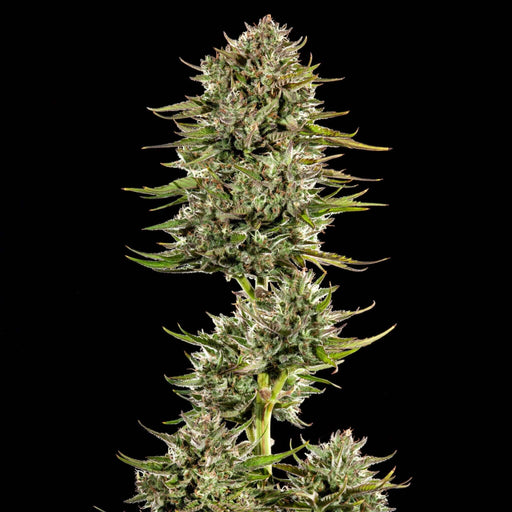
Auto Face Gas Feminized Cannabis Seeds
Original price $15.00 - Original price $350.00Original price $15.00 - Original price $350.00Original price $50.00$15.00 - $350.00$15.00 - $350.00Total Price: $15.00Parent Strains: Gorilla Glue x OG Cannabinoid Profile: THC Indica-Dominant Hybrid Potential CBD: THC Ratio: 25:1 *Post-Harvest CBD: 0%, CBG...
View full details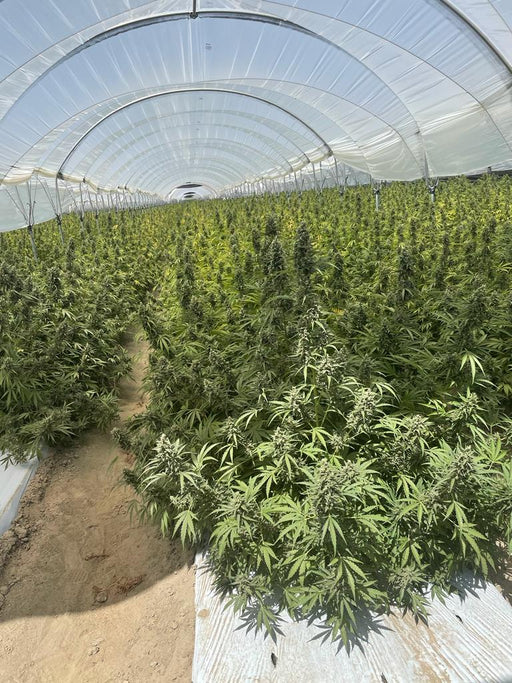
Auto EZ Bake Feminized Cannabis Seeds
Original price $15.00 - Original price $350.00Original price $15.00 - Original price $350.00Original price $50.00$15.00 - $350.00$15.00 - $350.00Total Price: $15.00Parent Strains:¬†Sour Auto X Cookie Dog Cannabinoid Profile:¬†THC Indica-Dominant Hybrid Potential CBD: *Post-Harvest¬†CBD:¬†0%,¬†CBD:¬†1%,¬†THC:¬...
View full details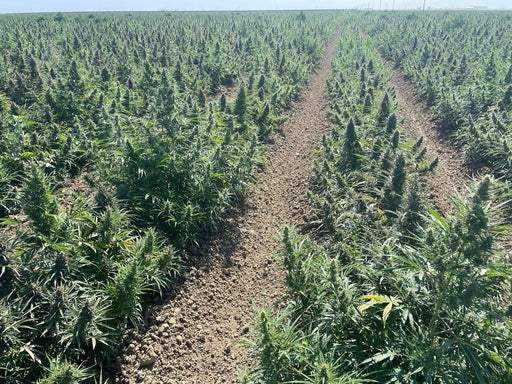
Auto Magik CBD Seeds
Original price $30.00 - Original price $175.00Original price $30.00 - Original price $175.00Original price $30.00$20.00 - $175.00$20.00 - $175.00Total Price: $20.00Parent Strains: Auto Magik x Auto Magik Cannabinoid Profile: CBD Dominant Auto Flower Potential CBD:THC Ratio: 20-25:1 CBD Content: 6%-10% Aroma: S...
View full details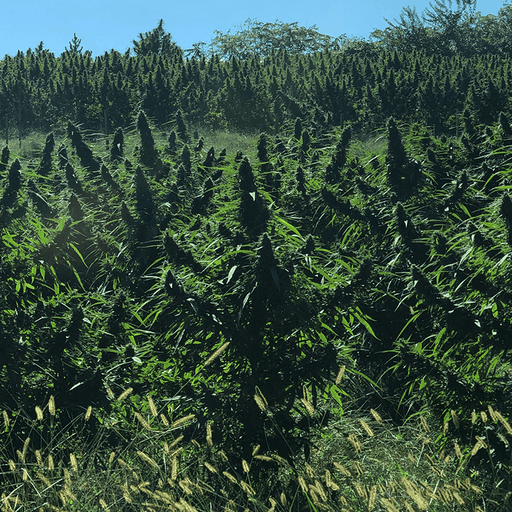
Auto Alpha CBD Seeds
Original price $30.00 - Original price $175.00Original price $30.00 - Original price $175.00Original price $30.00$20.00 - $175.00$20.00 - $175.00Total Price: $20.00Parent Strains: Auto Alpha x Auto Alpha Cannabinoid Profile: CBD Dominant Auto Flower Potential CBD:THC Ratio: 20-25:1 CBD Content: 6%-10% Aroma: C...
View full detailsSTAY UP TO DATE
Submit your email to get updates on products and special promotions.

